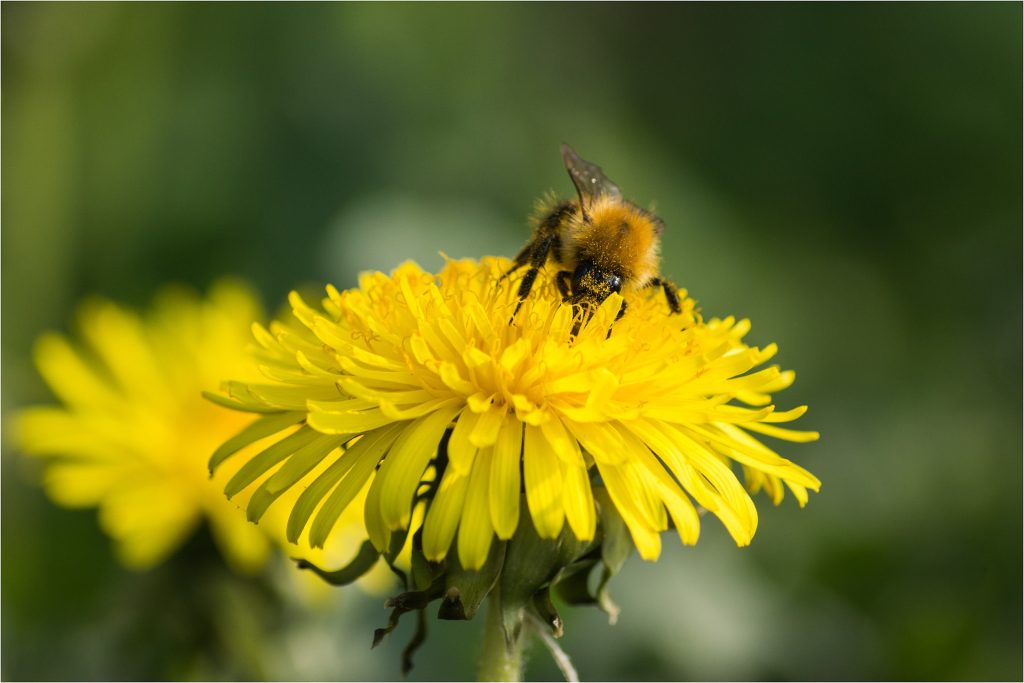Phytochemistry: The exact phytochemical composition of honey varies depending on the flower that the bees have been visiting. Honey is a source of a number of sugars including glucose, fructose, and smaller amounts of sucrose. A number of trisaccharides such as melezitose and erlose are also present. Around 25 different oligosaccharides have been identified in honey including trehalose, turanose, panose, 1-kestose, 6-kestose and palatinose. Proteins are also present in honey, mainly as enzymes such as diastase (amylase), invertase (sucrase α-glucosidase) and glucose oxidase. Honey contains a number of minerals essential to human health including sodium, calcium, potassium, magnesium, phosphorus, zinc, copper, iron, manganese, chromium, selenium, molybdenum, nickel, vanadium, chloride, fluoride, iodine and sulphur. Honey also contains the vitamins thiamine, riboflavin, pyridoxine, niacin, pantothenic acid phylloquinone (vitamin K),and ascorbic acid. Honey can also contain choline and acetylcholine. A number of polyphenols, derived from plants, are also present in honey including the flavonoids quercetin, luteolin, kaempferol, apigenin, chrysin and galangin. Phenolic and phenolic acid derivatives are also found in honey. Alkaloids from plants can also be present.
Uses: Apitherapy is the use of bees and honey to treat disease. Honey possesses a number of health effects including antioxidant, anticancer, anti-anxiety, antidepressant, antiinflammatory and immunomodulatory effects. These effects likely directly reflect the concentrations of the phytochemicals within the honey, and effects will vary between batches and types of honey somewhat.
Eat Well, Stay Healthy, Protect Yourself
RdB

